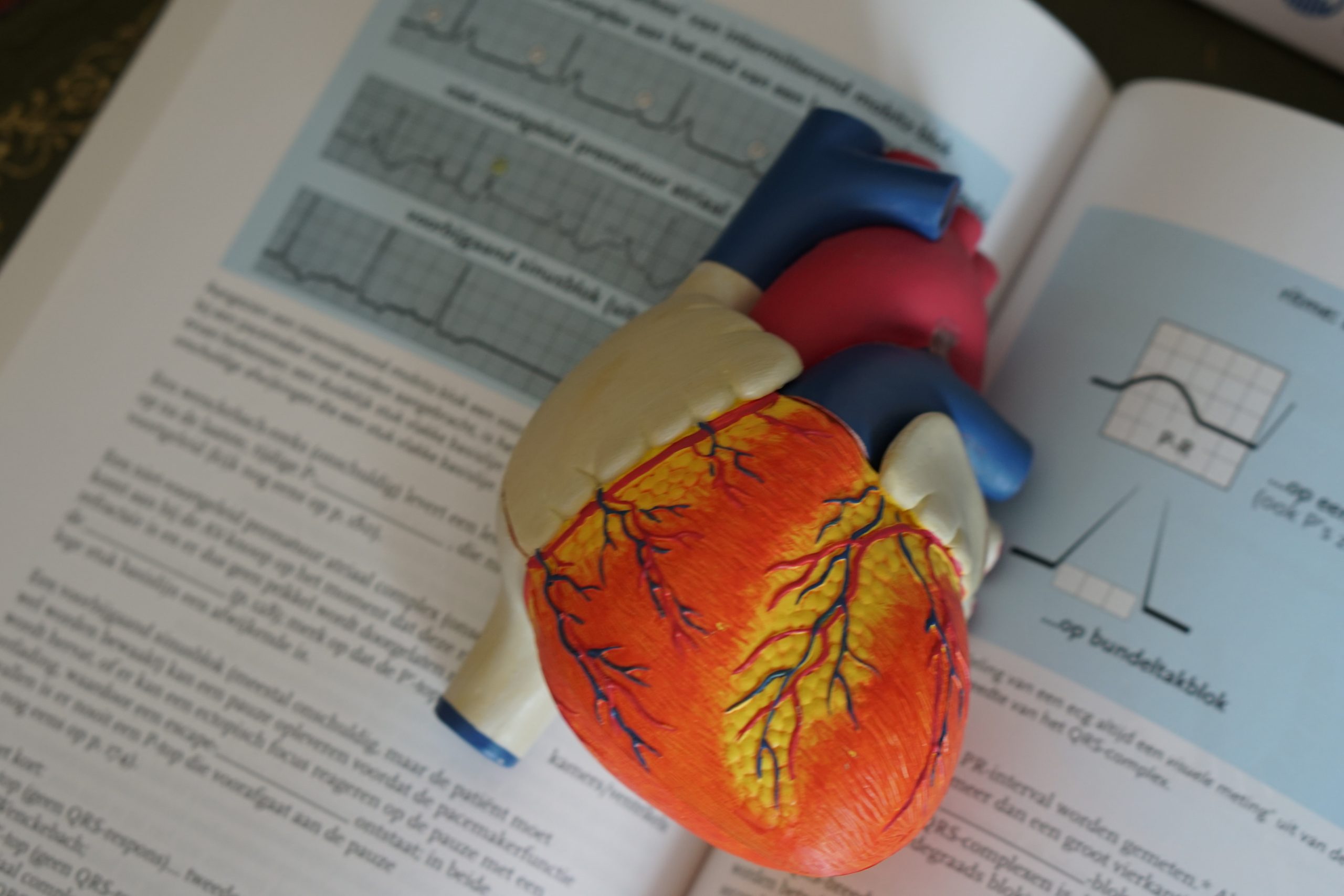
Eating Right to Lower Blood Pressure
In today’s busy world, eating well and maintaining a healthy weight can be challenging. With the convenience of high sodium, fast food, and limited time to cook at home, people are becoming more unhealthy, and high blood pressure is on the rise.
Lowering your blood pressure, though, is as simple as changing your diet and making positive lifestyle choices.
What Is High Blood Pressure?
While high blood pressure, also referred to as hypertension, can be hereditary, it is also impacted by lifestyle choices. Medical professionals will often have their patients try lifestyle changes before prescribing medications to lower their blood pressure.
Symptoms of High Blood Pressure
High blood pressure doesn’t always have symptoms. Sometimes, a person can have high blood pressure and be unaware of it. If left untreated, though, it will develop into more severe health issues like heart disease and stroke. When symptoms of high blood pressure are present, they include:
- Fatigue or confusion
- Severe headaches
- Nosebleed
- Vision problems
- Difficulty breathing
- Chest pain
- Irregular heartbeat
It’s essential as you get older to have regular checkups with your doctor and check for hypertension, especially if it runs in your family.
Luckily, you can lower blood pressure through lifestyle changes like a healthy diet and exercise. If you have been diagnosed with high blood pressure the first thing to do is to lose weight. Carrying extra weight, especially at the waistline, can increase your risk of hypertension.
On the other hand, finding an exercise that you enjoy or just simply going for walks and moving your body more can help regulate your weight. But the best way to lose weight and lower your blood pressure is through dietary changes.
Foods to Lower Blood Pressure
A high salt intake can increase your chances of having hypertension. Removing salt from the diet isn’t always as easy as taking the salt shaker off the table. Salt is everywhere. When embarking on a healthier diet, make sure to read food labels and understand which foods are salt-heavy.
Many packaged foods may have healthy names, but packaged foods generally have a high sodium count and are not ideal for a low blood pressure diet.
Instead, add more fresh whole foods to your diet. Fruits and vegetables have plenty of fiber, magnesium, and potassium, which are great for lowering blood pressure. Plus, fresh foods don’t have any salt, so you know you are eating safe food.
Adhering to a clean diet can have double the effect of weight loss and lowering your blood pressure. When creating your personalized diet, make sure to add:
- Whole grains like brown rice, rolled oats, quinoa, whole wheat bread, and crackers
- Lean meats like skinless chicken and turkey
- Fish like salmon, tuna, and cod
- Low-fat dairy products like 1% milk, Greek yogurt, and hard cheeses
- Fresh fruits and vegetables should fill your plate. Try to eat by season and don’t be afraid to try new produce. Visit the local farmer’s market and make it a goal to learn a new recipe each week
Foods to Avoid
Salt is the main culprit of hypertension. Learn to enjoy your food without salt.
Sugar is everywhere, even in products that you wouldn’t think like tomato sauce and salad dressing. Read labels and learn to identify sugar in all its forms in packaged foods.
Nitrates are a sodium preservative found in deli meats like sliced ham and salami.
Trans Fats are connected to heart disease. Many packaged foods contain trans fats.
Alcohol adds unnecessary extra calories to your diet and raises your blood pressure. Avoid alcohol altogether or limit yourself to one drink occasionally to lower your blood pressure.
Tips to Start a Healthy Diet
Track your food and keep a food log to see what you actually eat during the day. A bite of this and a little taste of that can add up before you know it. Writing down your daily food intake can help you see where you can eat better and which foods you can replace with healthier versions.
- Add spices and herbs to flavor food instead of salt.
- Use vinegar and oil for salad dressing.
- Squeeze lemon or lime to boost flavor.
- Cook with olive oil and avoid butter and margarine.
It can be challenging to know what to eat for high blood pressure, and changing your diet to include new foods can also be challenging. The MyLifeWell app can help you make better food choices and understand how to change your diet to reduce hypertension and high blood pressure. It can help you create a healthy diet. The app also has exercise classes to help you get motivated and move your body more.
A healthy lifestyle doesn’t have to be out of reach. Let the MyLifeWell app help you reach your health goals.

